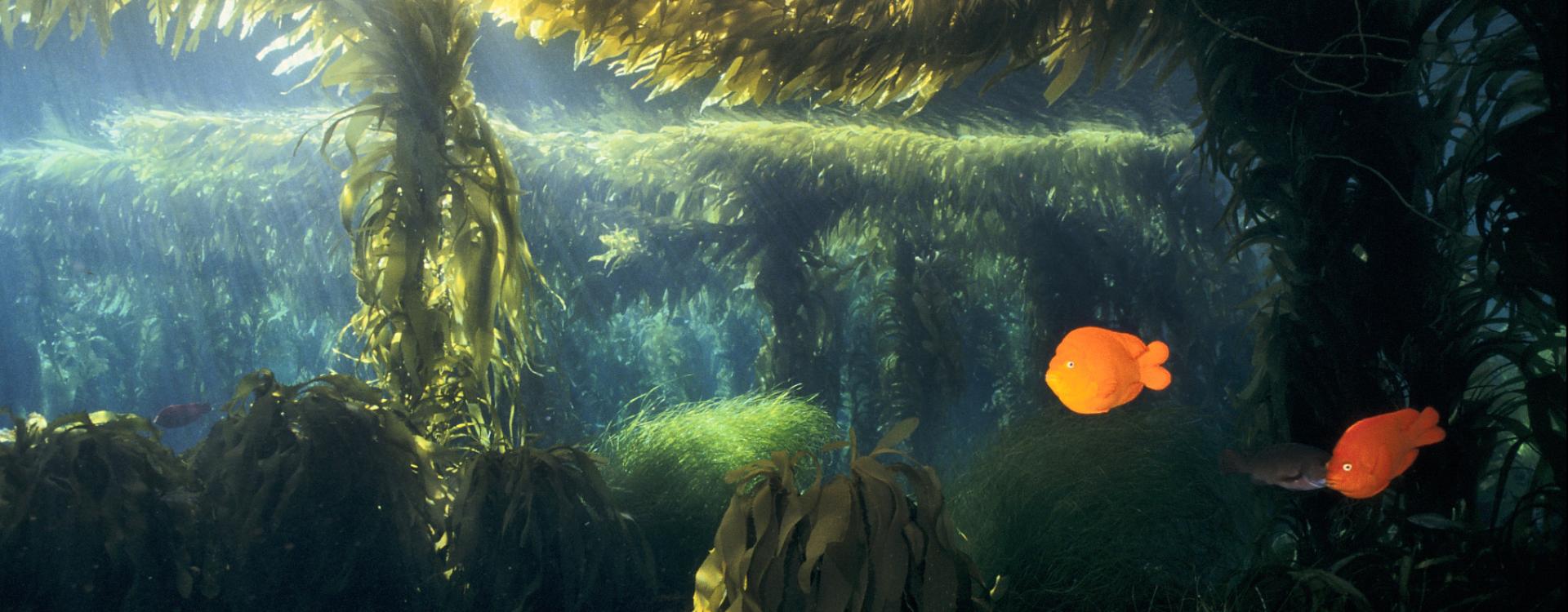
Photo Credit: Ron McPeak
At UC Santa Barbara, marine scientists have long embraced the power of collaboration in their endeavors to study the ocean and promote the care, importance and preservation of this valuable resource and its habitats. One prime example: The National Science Foundation-supported Santa Barbara Coastal Long-Term Ecological Research (SBC LTER) program, where researchers and students work together to unravel the ocean’s mysteries within the Santa Barbara Channel and along the coasts that line it.
For more than two decades the SBC LTER has been working to advance a predictive understanding of how ocean and terrestrial processes affect the ecology of coastal ecosystems, using kelp forests as a focal ecosystem.
“It really builds on a long history of the study of kelp forests going back decades at UCSB, and at the Marine Science Institute,” said marine ecologist Bob Miller, who leads a cohort of roughly 70 researchers and their students who conduct investigations at the LTER program’s sites.
By focusing on kelp and its communities, the researchers — whose disciplines span ecology, oceanography, biogeochemistry, genetics, hydrology and more — can take a deep, long look at the various processes that kelp enables, while sharing their expertise with the public and the wider scientific community.
“Having a couple decades of kelp data about the kelp forests … we can do our small-scale experiments in the context of a much bigger project to help us interpret the data a lot better,” said UCSB oceanographer Craig Carlson, a professor of ecology, evolution and marine biology.
It isn’t just research and data that the SBC LTER supports. Thanks to its educational outreach component, future scientists, fishers and lovers of the ocean will not only better understand their responsibility for its health but also be empowered to help protect it.
“I think now is a really important time, given all of the challenges we face both as a planet, but also within the community of North America,” said Scott Simon, who conducts education and outreach on behalf of the LTER for future ocean protectors from preschool to grad school.